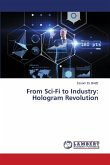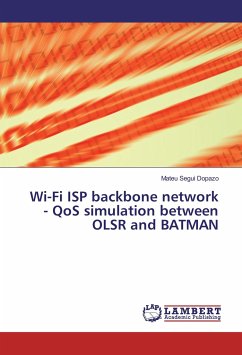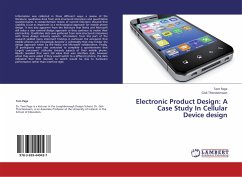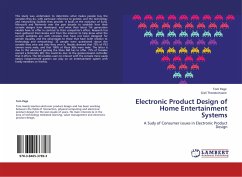In todays society millions of people go to the movies, rent films and watch TV every day. In science fiction movies, as an audience we have been subjected to the possibilities of technology in the future, products and cities we would only read about in books or see in our own imagination. A definition of science fiction written by H. Bruce Franklin reads, Science fiction is the major non-realistic mode of imaginative creation of our epoch. It is the principle way we locate ourselves imaginatively in time and space. (Franklin H,2009). As early as 1532 trips to the moon were imagined in stories, but as mere fantasy, not a realistic feat for man to ever attain. Many of these stories and fantasies were written about through to the end of the 18th century. It was at the beginning of the 19th century during the start of the industrial revolution and capitalism that modern science was providing the technological means to begin to turn some of these imaginations into a possible reality.








